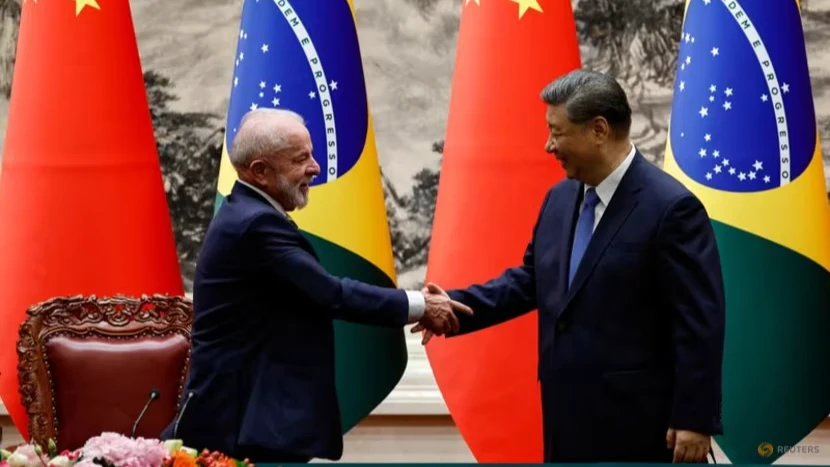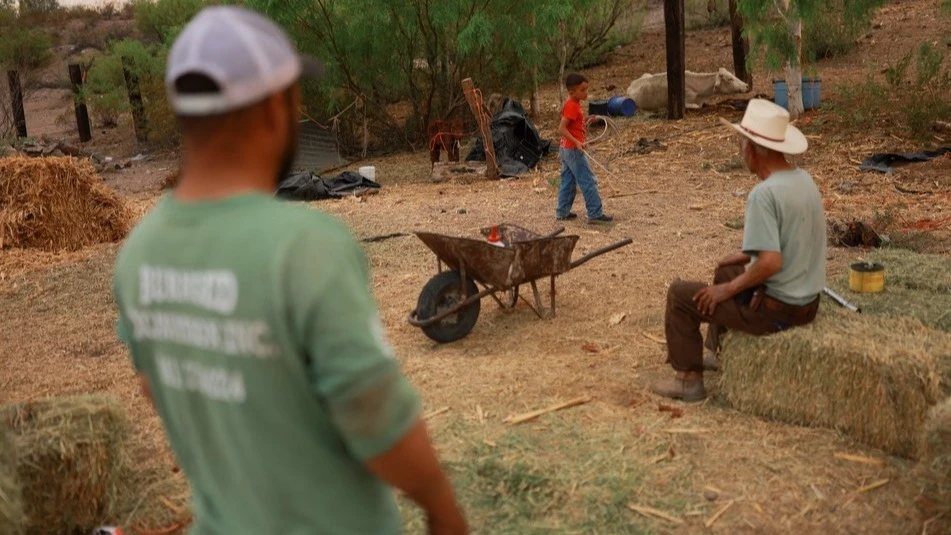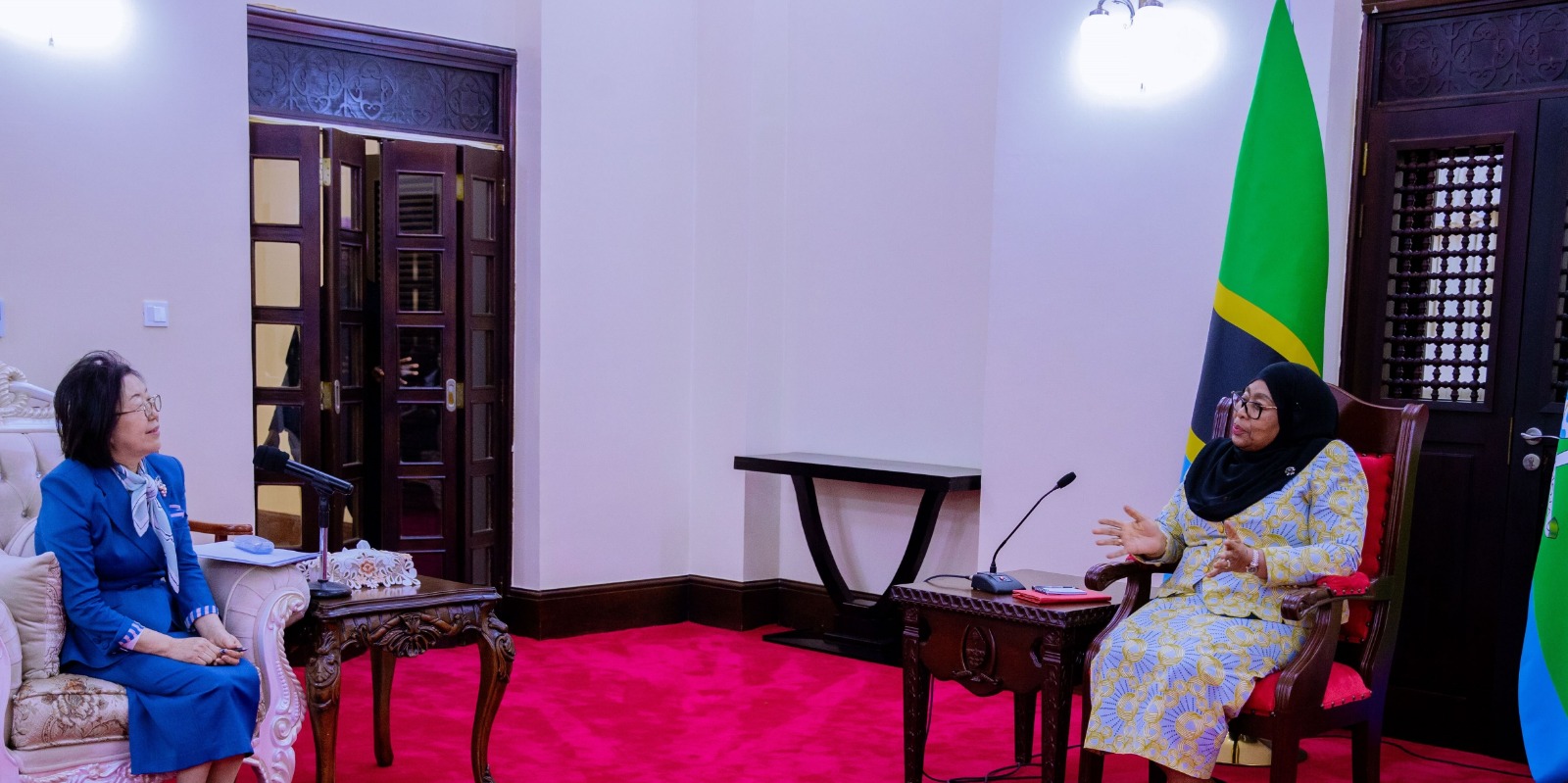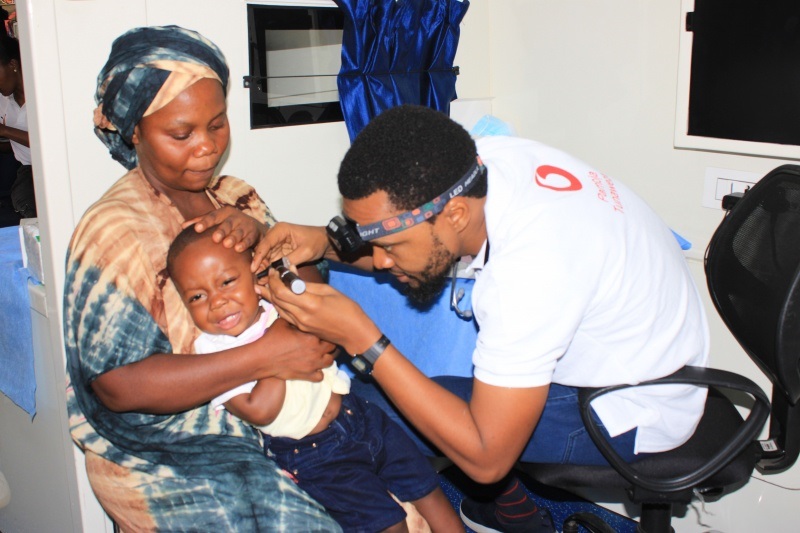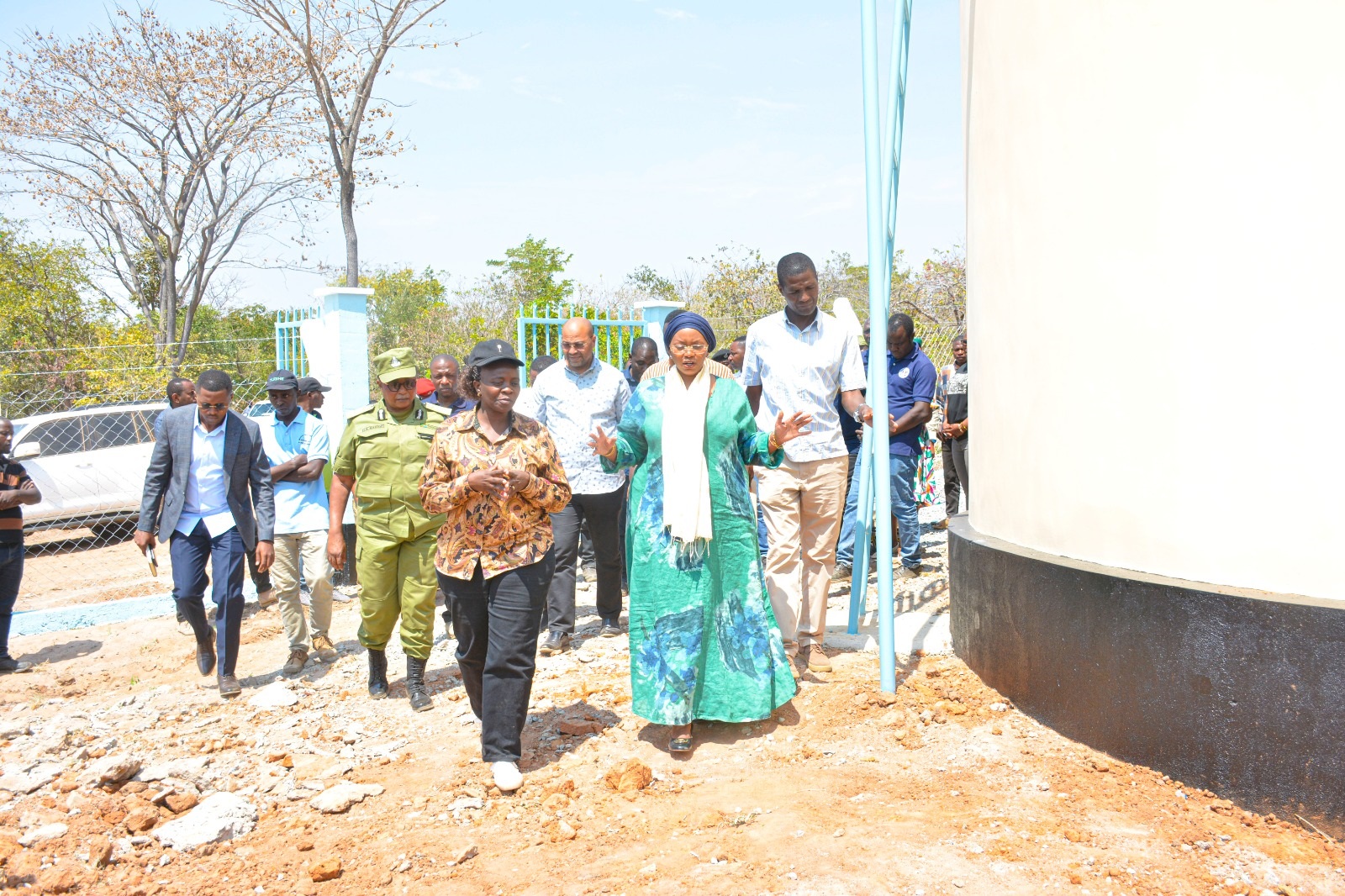Govt, health sector stakeholders chat how to lift medical tourism
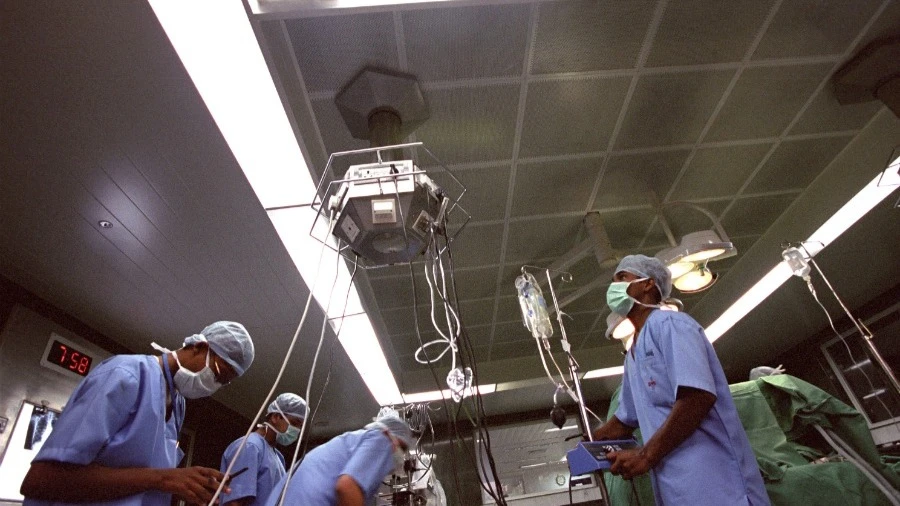
THE government and stakeholders in the health sector have met to discuss how to transform systems, invest in technology and skilled human resources for high quality and cost-effective services to promote medical tourism.
Reports show that the medical tourism industry has continued to surge globally with healthcare providers adopting international best practices to serve local and foreign patients.
Speaking at a stakeholders meeting in Dar es Salaam yesterday, Dr Asha Mahita, Medical Tourism Coordinator in the Ministry of Health, said that there is a rising demand for quality health services globally which will drives the overall medical tourism segment growth over the next years, something which calls for Tanzania to invest heavily in the area.
Dubbed ‘Strategising on Certification and Accreditation to Unlock Tanzania’s Medical Tourism Potential’, the meeting brought together owners and leaders of various hospitals in the country and stakeholders to discuss how they can work jointly to tap opportunities in medical tourism to spur development.
Dr Mahita underscored the need for health facilities to focus on improving health care and be internationally accredited and certified in order to market Tanzania and attract more people for medical services.
“We need to improve quality of care from the start when a patient enters a health facility to treatment processes and discharge. A patient should experience specialised care which is provided on time and in a friendly manner,” she said.
She added that the government has invested a lot in quality infrastructure and competent experts and now what is needed is for hospitals both public and private to invest in quality customer care and treatment to attract more patients to the facilities.
She said statistics show that due to efforts taken by the government and stakeholders to improve health services, the number of foreign patients who visit the country for medical services has increased from 5,705 in 2022 to 6,931 patients in 2023.
Dr Heri Marwa, Country Director of PharmAccess, said investing in medical tourism doesn’t only improve provision of quality services but also increases income as this attracts patients from across the globe.
“If we put more effort into universal health coverage, we need to ensure that we improve the quality of health services by ensuring that our facilities provide excellent services which go in line with good customer care, cost and time-saving,” he said.
Abdulmalik Mollel, Vice Chairman of the National Medical Tourism Committee, said Tanzania is ready to invest in medical tourism and become a centre of excellence in Sub-Saharan countries with strategies set for both private and public health facilities to implement initiatives designed to improve quality of care.
As medical tourism involves quality transport, accommodation and hospitality, sectors in the value chain also have to invest in improving quality of services to achieve the intended goals,” he said.
Top Headlines
© 2025 IPPMEDIA.COM. ALL RIGHTS RESERVED









